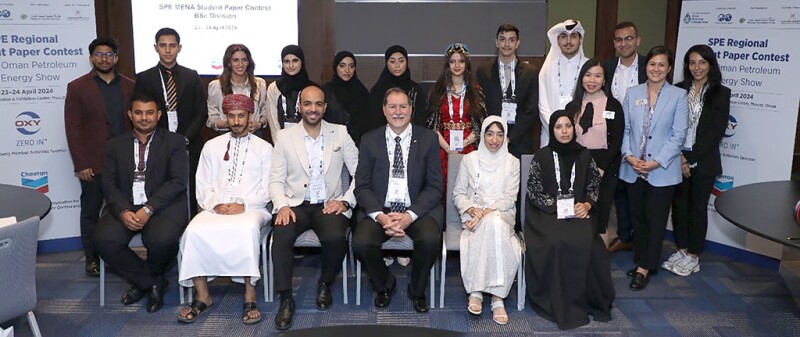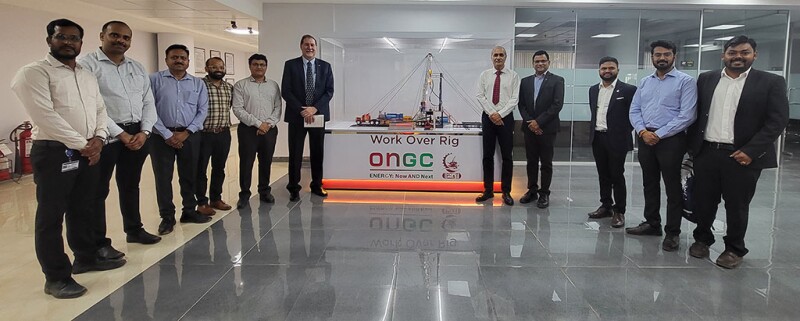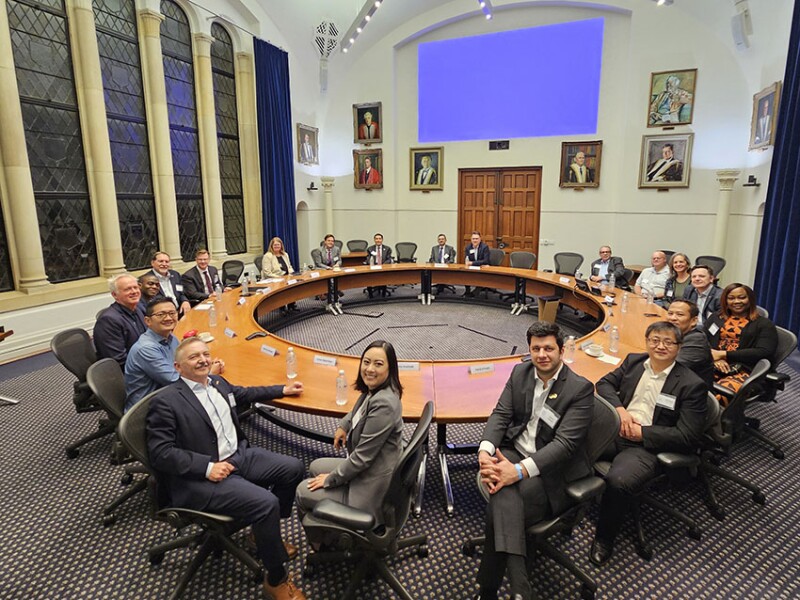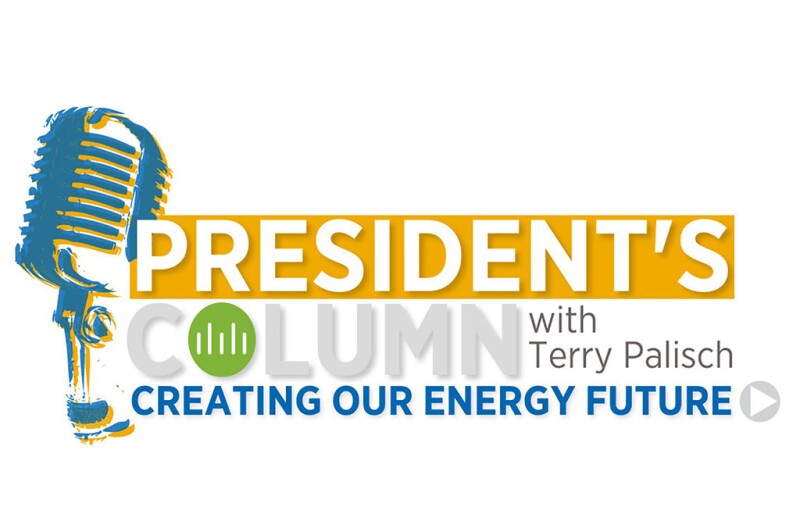Editor’s Note: This is a summary of the June episode of the President’s podcast. We encourage you to listen to the episode to hear the full conversation.
In this podcast episode, I am joined by Susan Howes, president of Subsurface Consultants and Associates, to discuss the importance of soft skills in engineering. The discussion not only highlights the significance of these skills but also offers practical insights into how engineers can develop them with the support of organizations like SPE.
I started the podcast episode with a quick debrief of the SPE Board meeting held in April where we closed the books on fiscal year 2024 with a net operating loss, but, overall, SPE finished slightly ahead when combined with the reserve funding earnings, a first since the COVID-19 pandemic. SPE is forecasting to break even across the FY25 and FY26 budget cycles. We also saw some of the first results of the membership survey that was recently completed. I will talk about the results and findings in my July episode.
On the topic of soft skills, Susan and I start by emphasizing that while technical expertise is essential, soft skills are equally vital for engineers to thrive in their careers. Susan, drawing from her extensive experience leading an international consulting firm and as a long-time SPE volunteer, underscores the importance of soft skills in fostering effective communication, leadership, and collaboration within engineering teams.
I share a personal anecdote from early in my career at ARCO in Alaska, where I received feedback about my soft skills deficiencies. This feedback spurred me to actively work on improving my skills over time. Through involvement with SPE and consistent practice, I honed my abilities in technical writing, public speaking, and leadership, ultimately leading to opportunities to teach others and contribute meaningfully to the industry.
Our conversation delves into the specific soft skills essential for engineers. I see the skills in these categories as technical writing, speaking and presenting, leadership, and networking. While technical expertise may be the foundation of an engineer’s experience, soft skills often distinguish outstanding professionals from the rest. As engineers we can have some really good ideas and develop some great technologies, but how do we preserve our work for others and share our ideas? That is where technical writing skills are important.
I had a supervisor who may be one of the smartest people I have known, but who was extremely nervous in front of people during a presentation to the point that it was distracting. I’ve seen many engineers, particularly those with good SPE papers and great ideas, for whom pulling a PowerPoint together is a struggle. The result ends up hurting their idea when presented poorly.
Another category is leadership. Not everyone wants to be a leader, but if you decide you ever want to manage a team, lead an organization, or perhaps want to run your own company, then leadership skills are going to be critical to be successful.
If you want to excel and develop technology as an engineer, it is essential to learn networking and collaboration skills.

How Does SPE Help?
SPE provides many opportunities to learn soft skills and practice these skills. I encourage members to look for opportunities to write an abstract and present at a regional event. Also, seek out volunteer opportunities at your local section as well as international committees. Take every opportunity to network with others, and if someone asks you to lead, I encourage you to accept, even if you are unsure if you are ready … that’s how we learn!

Importance of Volunteering
We then move on to discuss the importance of volunteering, particularly in SPE. It will help you develop your leadership and team-building skills, along with opportunities to network with others. Volunteering will also give you a chance to give back and will lead to personal satisfaction and professional fulfillment. You will get back much more in return. SPE is a volunteer organization, and without volunteers, it does not exist. The more you put in, the more you get out.
We also discuss how one goes about finding volunteer opportunities. Affiliating with and attending your local section meetings are great first steps. If you’d like to serve internationally, then be sure to update your SPE profile with your interests and sign up in the volunteer portal. And then don’t forget to read your SPE emails!
As the conversation draws to a close, I review my comparison between a health club and SPE membership, and how we can use SPE to Create our Energy Future.

Next Month Sneak Peek
In July’s episode, I will talk with Simon Seaton, SPE CEO. He is three-fourths of the way through his first year at SPE. We’ll discuss the results of the member survey, what we learned, and how that fits into the SPE Strategic Plan. We’ll also talk about what is new for ATCE this year.


